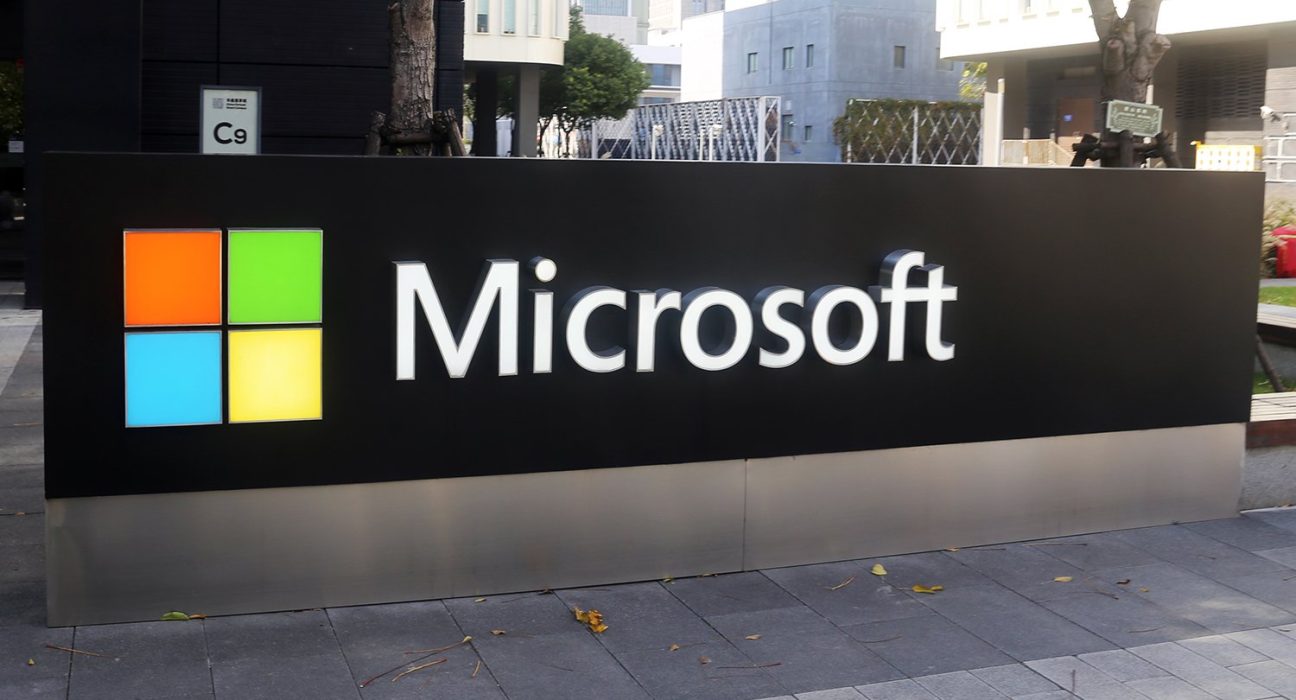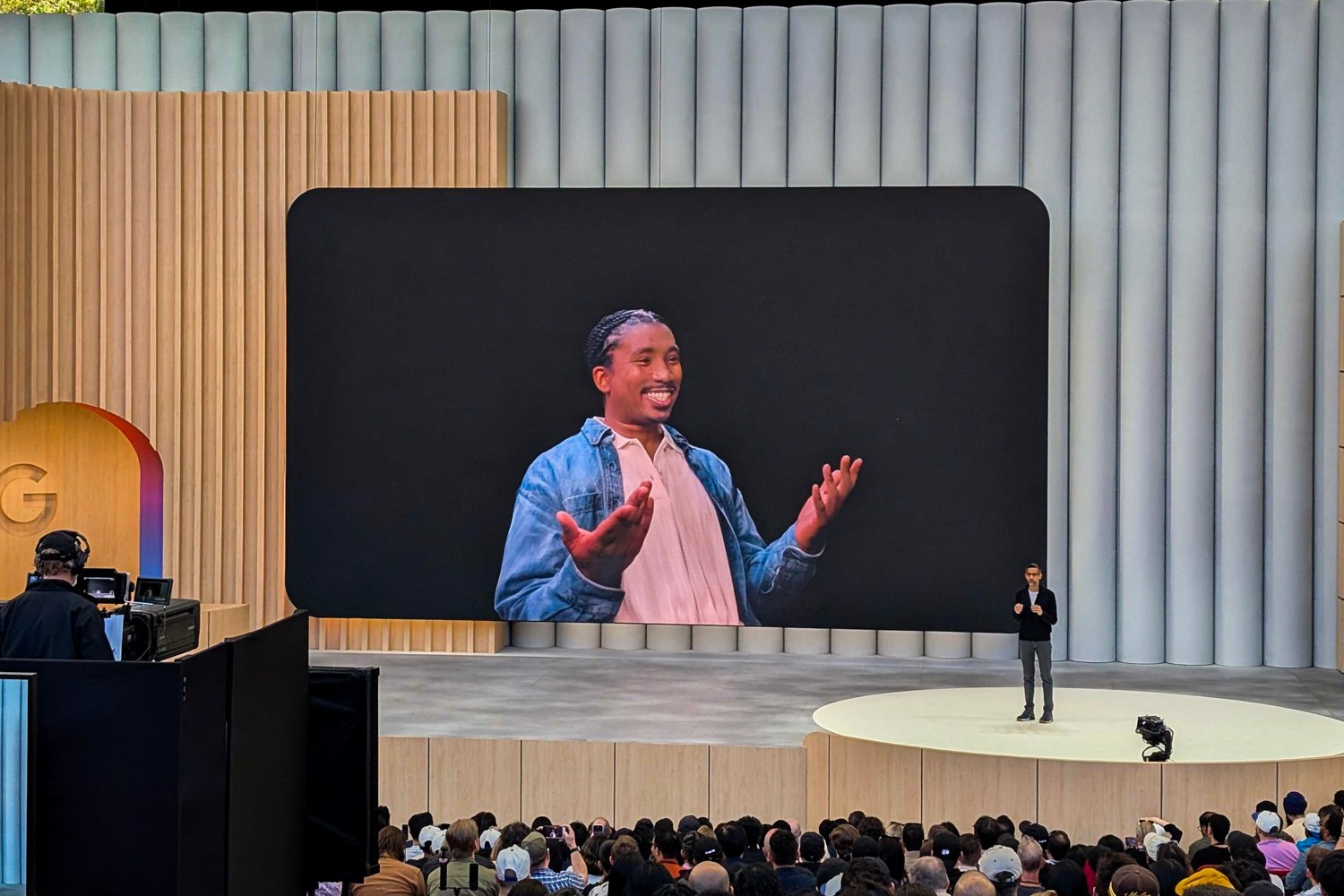Microsoft’s annual Build conference didn’t go smoothly, thanks to disruptions by protests of the company’s ties to Israel. After one, a flustered Microsoft employee accidentally displayed confidential messages about Walmart’s AI expansion.
Former Microsoft software engineers Hossam Nasr and Vaniya Agrawal interrupted a presentation on best security practices for AI as part of planned protests by No Azure for Apartheid, an organization denouncing Microsoft selling its products and services for use by the Israeli government and military, which has killed tens of thousands of civilians in Gaza since October 2023. The talk was delivered by Neta Haiby, head of AI security, and Sarah Bird, head of responsible AI.
The presentation’s livestream was muted, and the camera turned away to avoid broadcasting the disruption. However, the Verge reported that Nasr shouted, “Sarah, you are whitewashing the crimes of Microsoft in Palestine, how dare you talk about responsible AI when Microsoft is fueling the genocide in Palestine!”
After the protesters were removed, Haiby accidentally switched to Microsoft Teams while sharing her screen. The slip-up revealed messages about Walmart’s plan to expand its use of AI. In one message, a Microsoft cloud solution architect wrote, “Walmart is ready to rock and roll with Entra Web and AI Gateway.” Another quoted a Walmart AI engineer saying, “Microsoft is WAY ahead of Google with AI security. We are excited to go down this path with you!”
Tech workers have a long history of activism against their employers over how their work is used. Last year, two Microsoft employees, including Nasr, organized a vigil in memory of Palestinians killed in Gaza that they were ultimately fired for. However, tensions at Microsoft significantly spiked after a February report from the Associated Press uncovered the extent of its $133 million contract with Israel.
Since then, No Azure for Apartheid silently confronted Microsoft CEO Satya Nadella at a town hall while wearing coordinated shirts spelling out his name and the question, “Does our code kill kids?” The same group also disrupted Microsoft’s 50th Anniversary celebrations, stormed the stage during Nadella’s Build conference talk, and interrupted the company’s head of CoreAI, Jay Parikh, during his keynote.
Microsoft tried warding off the latest series of protests by announcing that internal and external reviews found no evidence that its products have harmed people in Gaza. The company also wrote that Israel’s Ministry of Defense must follow its terms of service and AI Code of Conduct and nothing suggested that IMOD “failed to comply.” However, Microsoft released few details about the review process and acknowledged that it cannot see how software is used on private severs or systems outside of its cloud.
In response, No Apartheid for Azure released a statement asserting that Microsoft “provides the technological backbone of Israel’s genocidal war machine”. The organization’s breakdown of Microsoft’s “blatant lie” includes a +972 Magazine report that found the company “has a footprint in all major military infrastructures” and AP News’ findings that Azure is used to “compile information gathered through mass surveillance” of Palestinians.
Years ago, tech workers had a little more success pushing back against their companies. Microsoft itself divested from an Israeli facial recognition firm in 2020 after intense backlash. But recently, Big Tech has come down harder against worker activism. Both of the protesters involved with disrupting Bird and Haiby’s presentation were fired for previous demonstrations.






